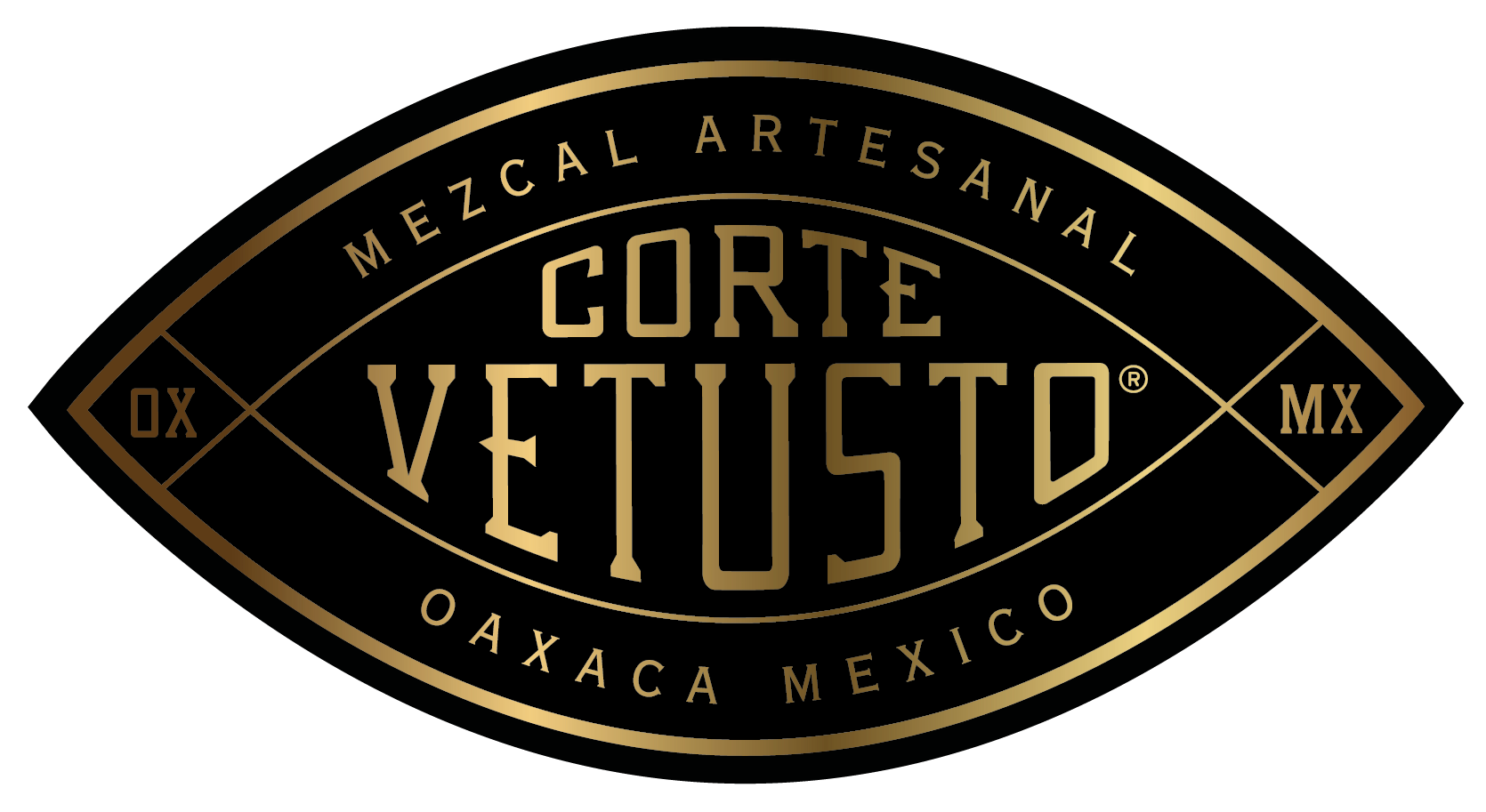
Mezcal vs Tequila
Mezcal is the oldest distilled spirit in the Americas, dating back some 500 years. The word mezcal comes from the Náhuatl words metl (maguey / agave) and ixcalli (cooked) and is the term used for any distilled spirit made from agave.
Tequila, therefore, is a mezcal. In fact, it was first known as Vino de mezcal de Tequila (wine of mezcal from Tequila). However, tequila can only be made from Agave Tequilana Weber (Blue Agave). By contrast, mezcal can be made from between 35-40 agave species, giving it far greater breadth and variety of flavour.

Agave for Mezcal
Most mezcal is made from Agave Angustifolia (Espadin), the genetic mother of the Blue Agave used in tequila, due to its high sugar content and suitability to cultivation. However, mezcal is also made from varietals like Agave Marmorata (Tepeztate), Potatorum (Tobala), Americana (Arroqueño, Coyote, Sierra Negra) and Karwinskii (Bicuixe, Madrecuixe). Each of these agave have distinct features and flavour profiles. Traditionally artisanal mezcal was made from a blend of wild agave, known as an Ensamble, based on what was available locally and mature at the time. Now, however, you will find expressions of the individual agave varietals.

Traditional Process
The success of tequila has seen intensive cultivation of the Blue Agave. The resulting monoculture has made it more prone to disease. Most tequila is also made in large factories, using highly industrial processes like shredders, autoclaves and even diffusers, homogenising the flavour too. By law it is only required to contain 51% agave sugars.
By contrast, Artisanal & Ancestral mezcal are made from 100% agave in small batches, according to time-honoured methods. Making it is a skill that’s passed down from generation to generation, like a closely guarded recipe. Mezcal has been at the heart of notable events within the indigenous communities for centuries, from births and weddings, to funerals and other spiritual events. As a result, Mexicans consider mezcal part of their cultural heritage and a source of tremendous family pride. As the popular saying goes: “Para todo mal, mezcal, para todo bien, tambien”

Denomination of Origin (DO)
The concept of a DO originated in France, based on the belief that the cultural attributes and terroir of a particular place directly influence the food or drink produced there and that deserves to be protected, e.g. Champagne, Comte. DOs can now be found across the World, with both Tequila and Mezcal protected by DO status.
Mezcal has been, and continues to be, made across Mexico, but there are currently 9 States (Oaxaca, Guerrero, Puebla, Michoacan, Guanajuato, San Luis Potosi, Zacatecas, Durango, Tamauilipas) within the official DO, established in 1995. Only they can legally call their agave distillate mezcal. Those outside the DO must use the term ‘destilado de agave’. Over 90% of mezcal is produced in Oaxaca, making it the undisputed epicentre of the mezcal world.







